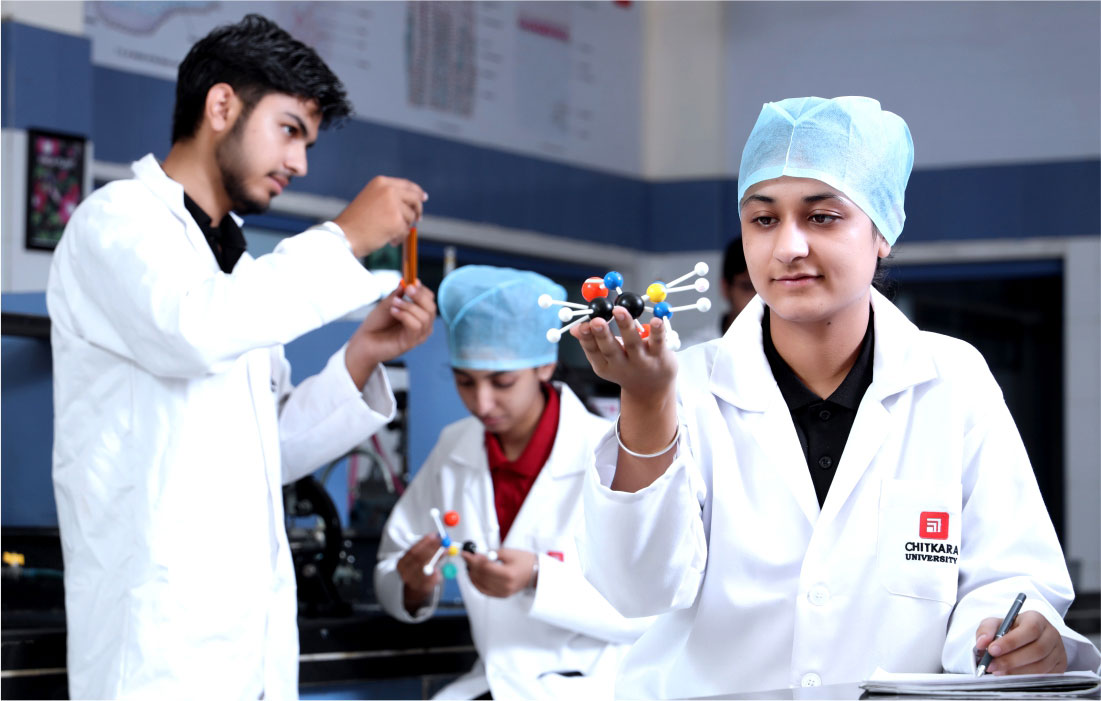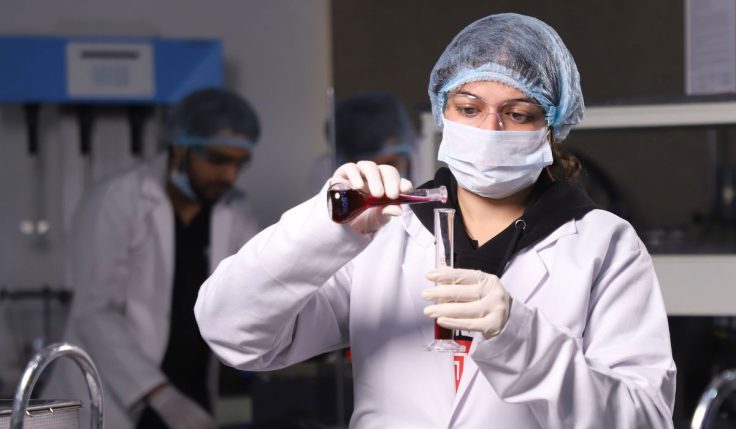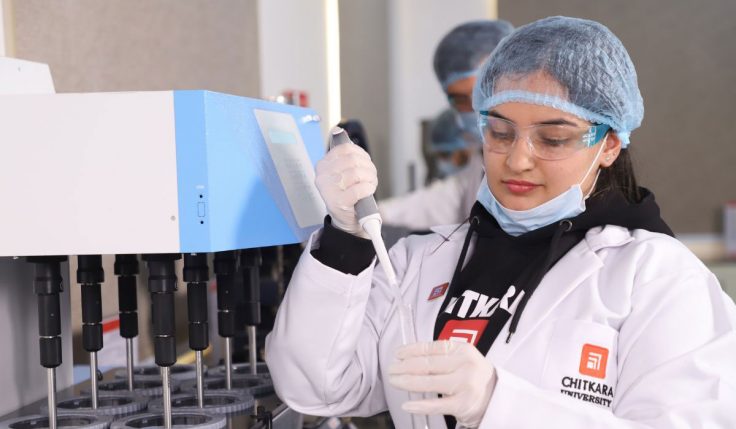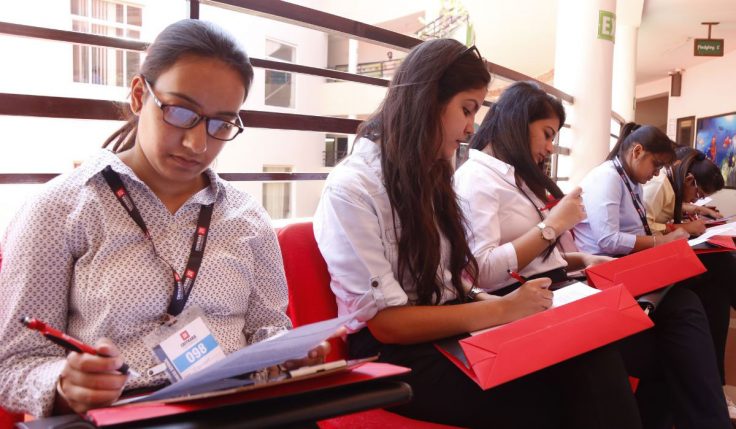Pharmacy is a multi-disciplinary and multi-faceted area that has emerged from a diversified and dynamic profession. With remarkable improvements in the global healthcare market, pharmacy professionals today have a myriad of possibilities to explore. The general public believes that a pharmacist’s role is restricted to acquiring and selling, however, this is not the case.
Pharmacists operate in a number of situations in the healthcare business, including R&D, production, quality control, packaging, and quality assurance. They operate in a variety of contexts, including hospitals, community and retail pharmacies, as well as academic, regulatory affairs, and clinical research. Pharmacy is both a product and a service since pharmacists engage with patients and physicians in both public and private settings. They are presently the third largest healthcare corporation in the world. Around eight lakh pharmacists work in diverse capacities in India, utilising their specific expertise and abilities, which are constantly updated to fulfil the demands of the healthcare business. Understanding this growing demand, Chitkara University offers specialised programs in pharmacy.
Over the last several decades, the Indian pharmaceutical sector has grown significantly in the complex field of bulk drug and formulation manufacturing, elevating India to the status of “global pharmacy.” Around 70% of the country’s need is met domestically, with India accounting for 30% of overall pharmaceutical exports. India has the most FDA-approved medication manufacturing facilities outside of the United States.
There are 270 big pharmaceutical R&D firms and 5,600 smaller licensed producers. With rigorous rules, India exports medications to nearly 200 countries. Pharmacists with skills and expertise in manufacturing, testing, quality assurance, documentation, and marketing are in great demand in the industry.
Despite the pandemic, the Indian pharmaceutical business remains strong and offers excellent opportunities to competent individuals. According to the Ministry of Commerce and Industry, the Indian pharmaceutical industry would likely create 3.20 lakh jobs. Pharmaceutical education has advanced significantly in the previous few decades. While the first pharmacy college was created in Goa in 1932, there has been a significant increase in the development of new pharmaceutical colleges in recent decades, suggesting a need for the same.
Under the Pharmacy Act 1948, the Pharmacy Council of India has issued advice to aspiring pharmacist students, recommending them to check that the institute they desire to attend has been authorised by the Council, and the list is available on the Council’s official website.
Depending on the school, pharmacy education consists of a combination of theory and practical courses and evaluations, as well as rigorous industrial or hospital training for varying durations of time. The four core subjects taught in India throughout all approved institutions, including Chitkara University, are as follows:
D. Pharm – A registered D. Pharm student can work as a Registered Pharmacist at a community pharmacy, medical shop, or hospital. It is the bare minimum for practicing pharmacy and is thus required for distributing all pharmaceuticals under supervision in a medical shop or hospital.
B. Pharm – B. Pharm is the fundamental degree that equips graduates to operate in the pharmaceutical business, according to current Indian curricula. It covers both theoretical and practical instruction in laboratories, laying the path for future employment. A pharmacist with this degree is also qualified to work in a hospital.
M. Pharm – Candidates with a B. Pharm are eligible to pursue an M. Pharm and must choose one of the ten specialties provided by all recognised universities. This degree focuses on innovative drug development, and individuals with an M. Pharm have an advantage over others seeking R&D positions in pharmaceutical corporations.
Pharm D – After Plus Two, Pharm D is a six-year school that comprises three years of clinical and community-based theory with ward rounds and a one-year internship in hospitals.
The redefining of pharmacy courses and curriculum in India is in accordance with global healthcare norms. This improves the pharmacist’s function in the healthcare system. Pharmacists will be able to deliver trustworthy information to both patients and physicians in an era of ubiquitous and rising information. Pharmacy grads might consider going abroad for more demanding and profitable careers.
Indian education prepares people for new opportunities and challenges. There are numerous research and work opportunities for these graduates in wealthy nations, and pharmacy is a profitable career path not just in developed countries but also in India if the industry dynamics are thoroughly examined.
Pay scales are greater for people who are better qualified and work for larger corporations. It is also easier to shift to international corporations after gaining competence in India than it is to look for work overseas as a recent graduate. In some countries, you may be needed to get local certification before you may operate as a pharmacist or work in a qualifying job. Furthermore, the conventional path of creating a private pharmaceutical enterprise remains appealing. As with any other firm, obtaining a license, making smart investments, and delivering excellent services may assure a high income and long-term stability.






